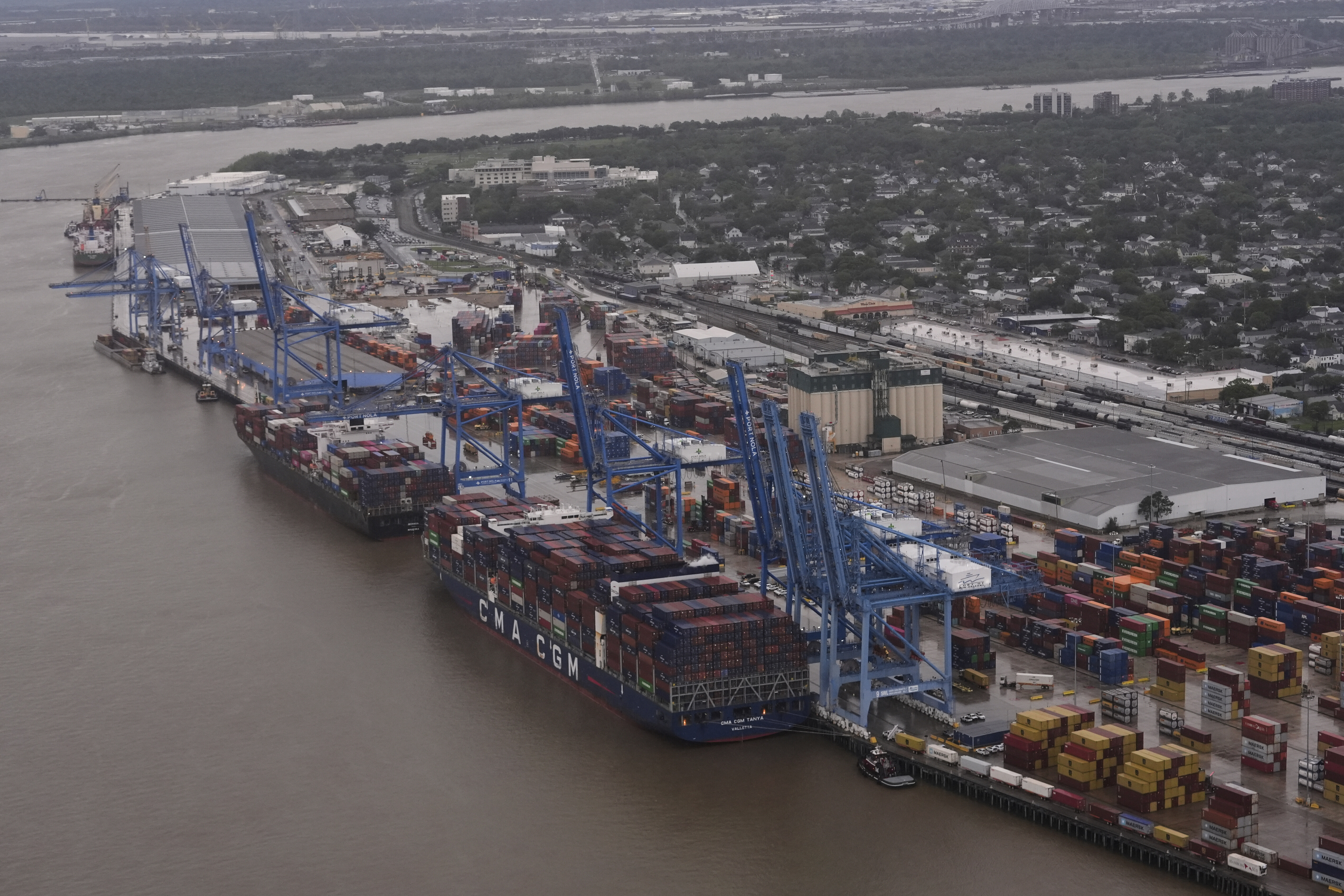The collapse of Moscow's ally in Kiev, Viktor Yanukovych, presents the U.S. with an opportunity to help its friends and allies. But after the celebration subsides over Yanukovych's fall from power, Washington and its allies have much to do in order to turn this opportunity into sustained advantage. Don't expect Russian President Vladimir Putin to quietly accept defeat.
Yanukovych did not fall under Putin's sway because of his charm; Russia still wields real power over Central Europe. Moscow's weapon of first resort is no longer the former KGB, but energy supplies -- especially natural gas. Even though Ukraine gets half of its electric power supply from nuclear reactors, the country is dependent on imported natural gas for other uses. It produces 30 percent of the gas it consumes domestically; the rest comes via pipelines from Russia.
The political and economic leverage this gives Moscow is not just theoretical; Putin has applied it repeatedly. The most recent major dispute occurred in 2009, when Russia cut off gas supplies for nearly three weeks. Officially, the dispute was over the price of gas and outstanding payments. Unofficially, Moscow was seeking to undermine leaders in Ukraine who had reoriented the nation toward the West after the 2004 Orange Revolution.
The shutdown didn't just affect Ukraine. Many U.S. allies unfortunately must consume Russian gas as well, much of which flows through pipelines in Ukraine. The shutoff impacted NATO allies like Poland and the Czech Republic.
Not all of Moscow's levers are as blunt as a fuel cutoff in the dead of winter. When he was the leftwing chancellor of Germany, Gerhard Schroder joined with Russia in an attempt to rally an international coalition against the U.S. and its allies over Iraq. He also pushed hard for a new $4.7 billion gas pipeline that made Germany more dependent on Russian gas, while simultaneously allowing Putin to isolate Ukraine and cut it off without halting gas exports to all customers. After German voters ousted Schroder, Moscow rewarded him with a well-paid sinecure as chairman of the new pipeline company. Russia has been busy behind the scenes.
Most reporters have cited a pending trade agreement between Ukraine and the European Union as the spark for recent crisis. As an alternative, Putin offered Ukraine membership in his own trading bloc and energy concessions -- an offer Yanukovych decided to take, especially since the steadily higher cost of Russian gas was depleting Kiev's foreign currency reserves.
But what finally caused Putin to make his play may have had less to do with the European Union's trade offer, and more with the prospect of Ukraine eroding Russia's monopoly. In December, Ukrainian and Slovakian officials were set to meet and put the final signatures on a deal to get cheaper, more reliable gas supplies from Slovakia. Even though diplomats thought the deal was complete, the Ukrainians unexpectedly skipped the ceremony. In retrospect, it is obvious Moscow was moving not only to preserve its influence, but to turn events dramatically toward its advantage in Ukraine.
Putin's move backfired, but Washington and its allies should not leave this new opportunity for Ukraine and Central Europe to chance.
The goal of the U.S. and its allies should be to free Ukraine and Central Europe from dependence on Russian energy. This will help our NATO allies politically and economically, encourage Ukraine to integrate further with the West and remove resources from Putin's disposal. It can also help our domestic economy.











